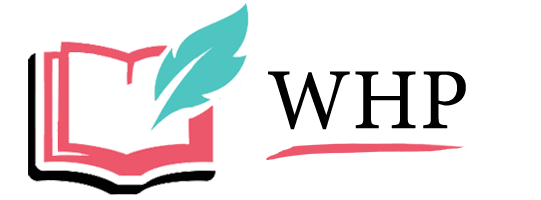Course versus Coarse
While course and coarse are pronounced exactly the same, they have quite different meanings, as they are different parts of speech.

Course is most commonly used as a noun to refer to a path or an educational class.
- He sure spends a lot of time on the golf course.
Coarse, on the other hand, is always an adjective.
- It usually denotes something that is rough: “The sandpaper is very course.”
When to use Course in a Sentence
Course Meaning: Course is commonly used as a noun to refer to a path or direction.
Example: “Trump reverses course on banning flavored e-cigarettes.” [Noun] Source: Chicago Sun-Times
Another common meaning of course is in reference to educational classes.
Example: What course do you want to take together this semester?
Course is also often used as a noun in reference to the type of conduct a person conducts.
Example: Their course of conduct was most admirable.
Example: The code also requires officials and employees to “endeavor to pursue a course of conduct which will not raise suspicion among the public that he is likely to be engaged in acts that are in violation of his trust,” the letter said. [Noun] Source: Newsday
A more archaic use of course is as a verb, often to describe hunting.
Example: We will use the beagles to course the rabbit. [Verb]
Example: We will course the fox with our dogs. [Verb]
Phrases That Use Course
There are a couple of notable phrases that use course.
“Over the course of many years.”
- We developed a strong relationship over the course of many years.
Although the use of course as a verb is rare, its present participle is part of a commonly used phrase.
“Coursing through my/his/her/their veins.”
- The blood of heroes was coursing through his veins.
When to use Coarse in a Sentence
Coarse meaning: Coarse is an adjective that describes something rough or hard. This roughness can describe both tangible and intangible things.
Example: “Coarse materials were used to construct the building.” [Adjective]
In this example, we are describing something that is literally rough to the touch: the materials used in construction.
When used to refer to intangible things, coarse can mean rough, abrasive, or polarizing.
Example: “But the 45th President appears to be presiding over a particularly coarse period of American politics.” [Adjective] Source: Washington Post
The participle form of coarse is also quite common.
Example: The coarsening of Designated Survivor proves the need for broadcast decency laws.” Source: Washington Examiner
Phrases That Use Coarse
There aren’t any common phrases that use the word coarse.
Course or Coarse – Keeping Them Straight
So how do you keep course and coarse straight? Well, here are a couple of simple yet effective tricks to try.
First, remember that course is usually a noun that concerns a path or a class and that when on a path or in a class you want to go straight ahead and not take a “u turn.” That should help you remember that the noun course has the letter “U.”
Second, remember that coarse is an adjective that often involves materials, which has two letter “A’s,” like the third letter in the adjective coarse.
Test Your Knowledge
Use either course or coarse correctly in each sentence.
- The best __________ of action is to be aggressive.
- My professor is known for her ________ ideas.
- My favorite _______ in school was history.
See the answers below.
Recap: When to use Course or Coarse
Although these words sound very similar, they have very different meanings and are different parts of speech.
- Course is usually a noun that refers to a path, a class, or a behavior.
- Course is sometimes used as a verb, usually in a participle form.
- Coarse is an adjective used to describe physical things or aspects of a personality or attitude.
Answers:
- Course
- Coarse
- Course
